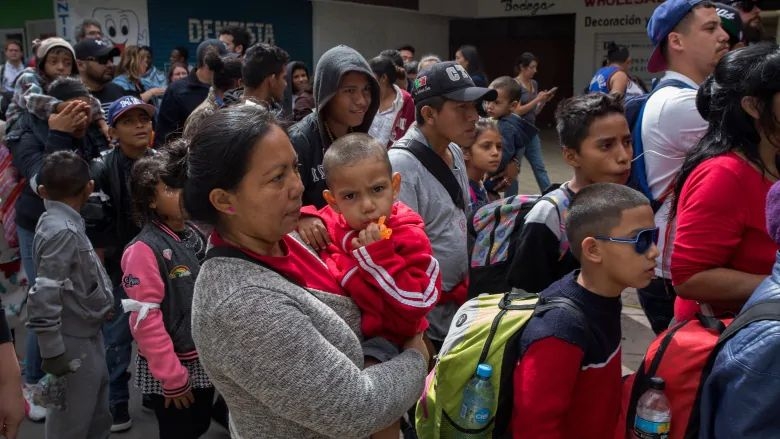The American Red Cross and their strive to help migrants

Over the years, the Red Cross and Red Crescent teams have worked to help migrants around the world by providing water, first aid, and family reconnection services. Regardless of immigration status, the American Red Cross helps others during emergencies or natural disasters such as wildfires, hurricanes, or when floods strike. The Red Cross also provides shelters to displaced migrants without asking for identification cards or papers.
Due to migration, conflict or disaster each year, people lose touch with their loved ones, leaving family and friends in despair. Many migrants and refugees are encouraged by the American Red Cross to call their loved ones back home because a simple “I am alive” reassures their family members and friends. For decades, the American Red Cross has helped migrants search for missing loved ones and reconnected separated family members.
Statistics from the Red Cross show that:
“In 2017, the American Red Cross facilitated nearly 6,000 phone calls of migrants and refugees in the United States. The American red Cross carries out phone call projects for migrants and refugees in Arizona, California, Illinois, and Texas.”
In 2014, federal government authorities asked the American Red Cross for assistance with migrants housed in federal immigration facilities. They responded by providing basic aid such as hygiene kits and blankets for children. In other instances, the American Red Cross supported 11 independently-operated shelters helping migrants in the states of Arizona, California, and Texas.
In accordance with the Red Cross Red Crescent network, The American Red Cross is guided by the seven principles of neutrality, unity, universality, humanity, impartiality, independence, and voluntary service. This means that the American Red Cross provides services to individuals in times of need and the organization does not discriminate against citizenship status, religion, race, gender, or sexual orientation.
Photograph: CBC/David McNew/Getty Images















